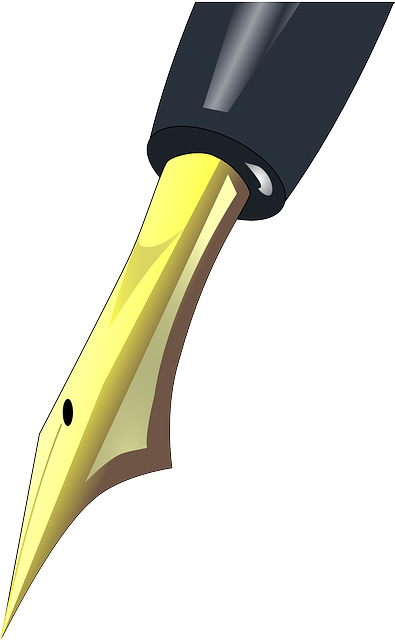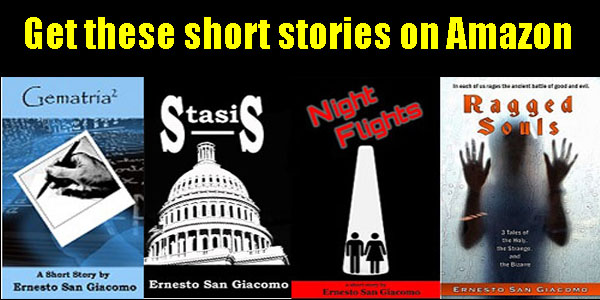When I first thought about reading a Romance novel, I shrugged off the idea as quickly as it manifested itself in my mind. Even my choices in film veer away from the Romance genre save but a few. But, some weeks later, I saw promo announcements / Tweets for the release of “Sophie’s Key” by Jodi Jensen. I have known Jodi Jensen to be a friendly and fun person to commune with over the vast distances of cyberspace. Dutifully, I purchased a Kindle copy and here is my spoiler free review.
Characters: The main character is Sophie, as the title would suggest. Through Sophie we get the classic “fish-out-of-water” character. Through which we have some comical and / or embarrassing moments. Along with Jacob and the child Meri, Jodi offers us a main and two strong secondary characters. Together they comprise a sort of trinity of wholesomeness. Of course, as design would have it, we also have an unholy trinity of antagonists.
Plot: The storyline is wonderfully solid and follows a logical progression with some decent surprises. These surprises create fair conflict and do not feel as if they were ‘parachuted’ into the story. Jodi Jensen methodically planted her conflict seeds without a formulaic feeling. No reader should feel the need to second-guess or discover a path of lesser resistance for Sophie or any other character.
Writing: Incredibly neat, clean text. I did not spot any typos or convoluted sentences. Also, there seems to have been keen observance for preventing other amateur slips, like repeated catchphrases, body language or facial expressions used to the point of nausea. Therefore, let us say that both the writing and editing were done with the proverbial fine-toothed comb.
The dialog is professionally written with a natural feel for flow. I am especially grateful for the lack of “info-dumps.” In “Sophie’s Key”, the characters are doing the talking. For example, Jacob is an observer of people and a man of few words. He is somewhat blunt and gets his point across with brevity, and then he reads reactions. Which of course befits and speaks of his background.
Jodi Jensen Links
Follow Jodi Jenson on Twitter and FaceBook
Visit Jodi’s WordPress Blog
Put “Sophie’s Key” on your Kindle or Nook
Conclusion: After two chapters, one aspect of its appeal became clear. The scant Romance Films I enjoy share elements with Sophie’s Key, first, a magical quality and second, a multi-genre appeal. Think about classic films like “The Bishop’s Wife” or “The Ghost and Mrs. Muir.”
Is “Sophie’s Key” a romance? A western? A crime thriller? Or A magical Tale? Of course, it is a romance first, but Jodi Jensen weaved all these other elements in, like a great chef combining ingredients. Jodi pulled off this neat trick without her final product looking like a random hodgepodge of disparaging elements.
Do yourself a favor, read “Sophie’s Key” and let me, and Jodi Jensen, know your thoughts.




 I did not come across any oddly constructed sentences or glaring errors. With
I did not come across any oddly constructed sentences or glaring errors. With 












